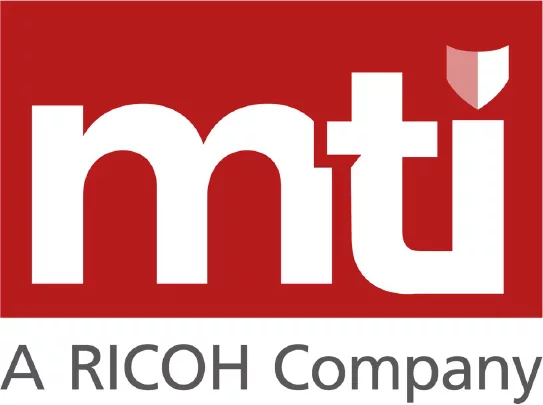We explored some of the ground-breaking features of Dell Technologies’s new PowerStore family of midrange storage arrays in our last article. We’re guessing Dell’s competitors in the midrange storage market are probably also looking carefully at the launch. Here’s why we think they might be concerned.
The Giant Flexes its Muscles
Up to now, Dell has maintained engineering teams for each of its four midrange storage products – XtremeIO, SC, Unity. Having invested significant resource in developing PowerStore over the last couple of years, the company, one of the largest technology businesses in existence, can now focus its considerable resources on developing the new platform, adding innovative features, further improving performance and generally outclassing competing products.
We expect to see innovations which are entirely new to the market – they’ve made a solid start with AppsON, which allows customers to run applications right on their PowerStore arrays, and it won’t be long before we see more similarly eye-catching new features emerging from Dell’s R&D labs.
Dell’s competition, brilliant as some of them are, will have to run hard indeed to keep up when Dell switches into full PowerStore development mode in the near future.
Block, File and vVOL
One of PowerStore’s key advantages is its multi-protocol support for block, file and VMware virtual volumes (vVols) storage, allowing it to support any and all workloads, appealing to a broader range of customers. Customers can configure their PowerStore arrays to serve block, file and vVol storage, allowing the most appropriate storage strategy to be adopted for each dataset without the need to implement separate storage platforms for each.
A Long Lifecycle
With Dell focusing its efforts on PowerStore, rather than spreading them over several platforms, the new storage line’s lifecycle is expected to be lengthy – maybe five to seven years. Customers will be able to buy with confidence that they will have several years over which to leverage their investment.
Dell’s new Anytime Upgrade scheme further sweetens the deal for customers of all kinds, allowing them to continuously modernise their platforms with easy, non-disruptive, “data in place” upgrades. Dell is upbeat about the scheme, expecting it to bring to an end the traditional cycle of platform migration and forklift upgrades.
With a lengthy lifecycle and the opportunity to upgrade at any point without disruption or rip-and-replace, customers are not only more likely to choose PowerStore than a competing solution, but having done so, they will be less likely to consider moving to a competing solution in the future.
Attractive Financing
Adding to the onslaught, Dell has further leveraged its enormous financial strength, in the light of the challenges raised by the Coronavirus crisis investing some £9bn in a fund specifically to help customers with purchasing.
Zero percent finance is available, and delays of up to 180 days before payments must start. With businesses keen to hang onto as much cash as possible in what are by any standards uncertain times, this is likely to prove popular indeed.
We can’t see into the boardrooms of Pure, NetApp and HPE, of course, but it seems likely there will be some serious concerns under active discussion. The next few years should be interesting ones in the midrange storage market.
PowerStore may be a concern for Dell Technologies’s competitors, but it’s a huge opportunity for customers. MTI, as a Dell Titanium Partner, offers expert guidance and support in leveraging Dell’s cutting-edge solutions like PowerStore. Take advantage of MTI’s no-obligation storage assessments today to assess your current infrastructure and identify areas for improvement, get in touch today.

